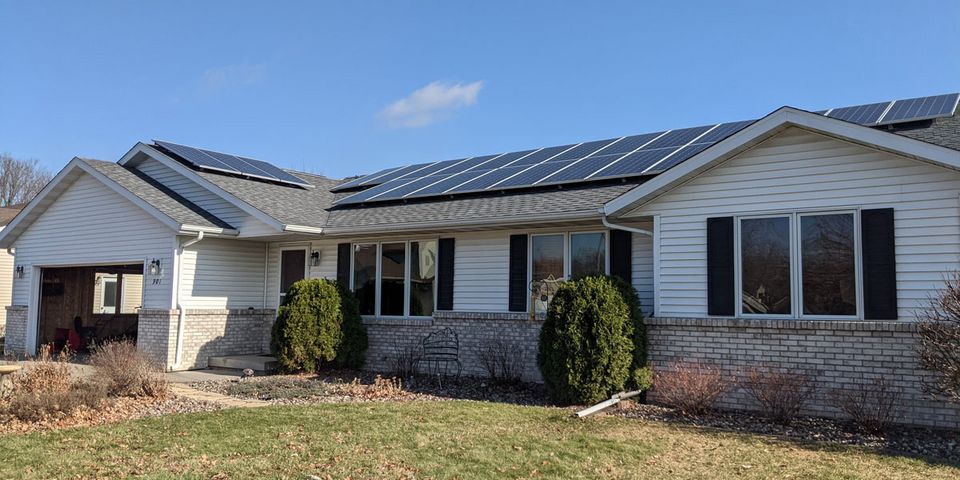
As a homeowner, you may be interested in finding ways to save money on your energy bills while also reducing your carbon footprint. One of the most popular and effective solutions for achieving both of these goals is to switch to solar power. Installing solar panels is a popular option and can help you generate your own clean energy. Plus, it allows you to take advantage of a range of incentives, including the solar tax credit. This guide explains more.
What Is Solar Tax Credit?
The solar tax credit, also known as the investment tax credit (ITC), is a federal tax credit that allows homeowners to claim a certain percentage of the total cost of installing a solar panel system. This credit applies to both residential and commercial properties and is available to individuals who install a qualifying system between 2017 and 2034. The percentage of the credit varies depending on when the system is installed, with the credit set to gradually decrease over time.
How Does It Work?
To claim the solar tax credit, you must first install a solar panel system on your property. The credit is then applied to your income tax return for the year in which the system was installed. If the credit exceeds your tax liability, you can carry the excess amount over to future tax years. It's important to note that to qualify for the credit, the system must be installed on your primary residence, and you must own the solar panel system (i.e. it cannot be leased).
How to Claim Solar Tax Credit
To claim the solar tax credit, you must file IRS Form 5695 with your federal income tax return. This form calculates the amount of credit you're eligible to receive based on the total cost of your solar panel system. Be sure to keep all receipts and documentation related to your solar panel installation, as you may need to provide proof of the cost to claim the credit.
Other Available Incentives
In addition to the federal solar tax credit, there are other incentives available to homeowners who transition to solar power. Many states offer their own solar tax credits, which can supplement the federal credit and further reduce the cost of your solar panel system. Performance-based incentives, which pay homeowners based on the amount of energy their solar panels generate, are also available in some states. Additionally, utility companies may offer rebates or other incentives to homeowners who install solar panels.
If you're interested in switching to solar power, there are many options available to you. Olson Solar Energy is a leading solar panel installer that offers a range of solutions, including grid-tied, off-the-grid, and hybrid solar panel setups. Their services are available to residents in Onalaska, Eau Claire, Stevens Point, Wausau, WI, and the surrounding areas. Contact them today at (608) 780-2347 to arrange a free evaluation or visit their website for more information.
About the Business
(14 reviews)
Have a question? Ask the experts!
Send your question

